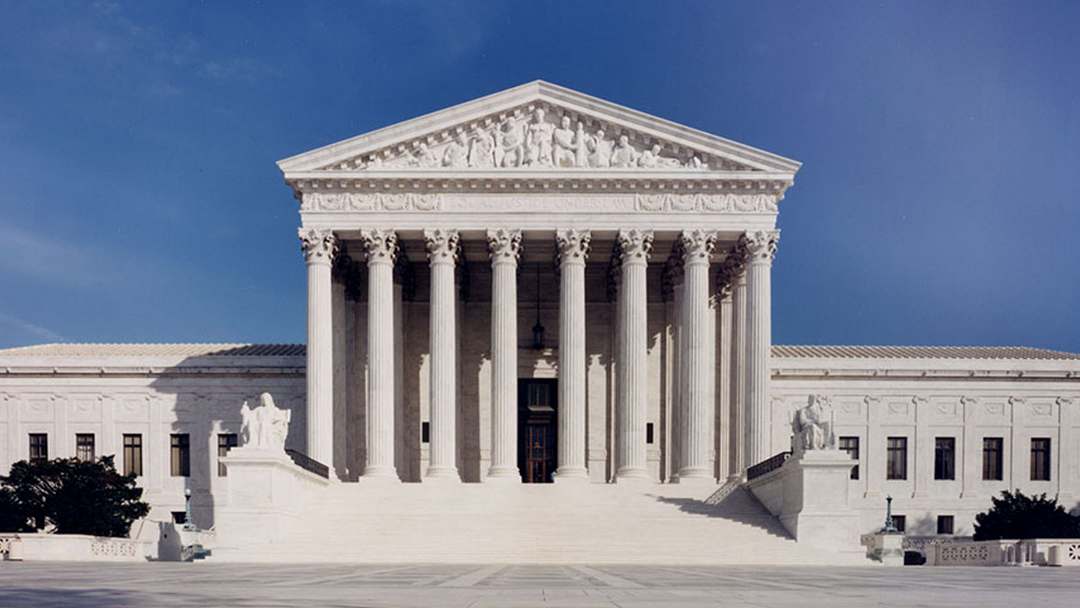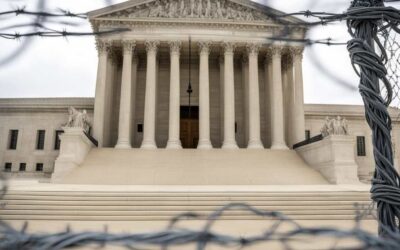Citizen-initiated proposals aimed at increasing the minimum wage and expanding paid sick leave
In a significant ruling, the Michigan Supreme Court has reinstated the original minimum wage and paid sick leave laws that were initially gutted by the legislature in 2018. This decision reverses the amendments made by the legislature, which had adopted and then quickly weakened the voter-initiated proposals, effectively bypassing the intent of the voters.
Background
In 2018, two citizen-initiated proposals aimed at increasing the minimum wage and expanding paid sick leave were presented.
The Michigan Legislature adopted these initiatives to prevent them from going to a public vote, then promptly amended them to make them more business-friendly. This “adopt and amend” strategy reduced the scope and impact of the original proposals.
For example, the minimum wage was set to increase more gradually, and the paid sick leave law was adjusted to exempt more businesses from providing benefits.
The Court’s Ruling
The Michigan Court of Claims, with Judge Douglas Shapiro presiding, ruled that this legislative maneuver violated the state constitution. Shapiro’s opinion emphasized that once the legislature adopts an initiative, it cannot amend it within the same session.
This decision reinstates the original 2018 proposals, which include raising the minimum wage to $12 per hour and extending paid sick leave benefits to many more employees than the amended laws allowed.
The court found that the legislature’s actions undermined the will of the people, who had supported the more generous terms of the original initiatives. The ruling also highlighted the constitutional principle that initiatives should be protected from legislative tampering once they are adopted.
Implications for Workers and Employers
The restoration of these laws is a major victory for worker rights groups and unions, who argue that the higher minimum wage and expanded sick leave are essential for providing fair compensation and benefits to workers.
For instance, the reinstated minimum wage law also includes provisions to eliminate the lower tipped wage by 2024, ensuring all workers receive at least $12 per hour.
The paid sick leave law now requires businesses, including those with fewer than 50 employees, to offer up to 72 hours of paid sick leave annually.
This decision is seen as a move towards economic justice, addressing issues of wage inequality and providing greater job security and benefits for low-income workers. Supporters argue that these changes are necessary to meet the rising cost of living and provide a fair wage for all workers.
Business Community’s Response
The business community, however, has expressed significant concerns about the impact of these changes. Many business leaders argue that the restored laws will place a substantial financial burden on employers, particularly small businesses already struggling with the effects of the COVID-19 pandemic and ongoing economic challenges. They warn that the increased labor costs could lead to higher prices for consumers, reduced hiring, and even closures of small businesses.
The Michigan Restaurant & Lodging Association, for example, fears that the immediate implementation of these laws could create chaos in the hospitality industry, which is heavily reliant on the lower tipped wage model. Business groups are calling for a delay in implementing the changes to allow time for adjustment and are expected to appeal the ruling.
Next Steps
The Michigan Supreme Court’s decision marks a pivotal moment in the state’s labor policy, reaffirming the constitutional protections for voter-initiated laws. While the ruling is a clear win for worker advocates, the legal and political battles are likely to continue as business groups push back and seek ways to mitigate the impact on employers.
The state’s regulatory bodies, including the Michigan Department of Labor and Economic Opportunity, are now tasked with ensuring compliance with the restored laws. They will play a crucial role in determining how these laws are implemented and enforced, potentially shaping the future landscape of labor rights in Michigan.
This ruling underscores the ongoing tension between protecting worker rights and addressing the concerns of the business community, highlighting the complexities of labor law and economic policy in Michigan.
Conclusion
The Michigan Supreme Court’s decision to restore the original minimum wage and paid sick leave laws represents a significant shift in the state’s labor policy, aimed at providing greater protections and benefits for workers.
While celebrated by worker rights groups, the ruling poses challenges for businesses, setting the stage for further legal and political debates.
As the state moves forward with implementing these changes, the balance between fair labor practices and economic viability will remain a central issue.
Read the opinion here:
Legal Counsel and Your Rights
When facing legal challenges, particularly in criminal cases, it is advisable to seek legal counsel immediately.
An experienced attorney can provide guidance on how to navigate interactions with law enforcement while safeguarding your constitutional rights.
Since 1993 our expert legal defense in navigating criminal law matters and protecting your constitutional rights are what we eat for breakfast everyday.
Contact Komorn Law PLLC if you’re ready to fight and win.
Research us and then call us.
More Rights You Should Know
No Results Found
The page you requested could not be found. Try refining your search, or use the navigation above to locate the post.

Maker of CBD products asks court to decide
The Petitions of the Week column highlights a selection of cert petitions recently filed in the Supreme Court. A list of all petitions we’re watching is available here. Organized crime, from the mafia to small-time money laundering schemes, often evades criminal...
Other Articles
People v. Chandler Case: Protecting Fourth Amendment Rights
Court of Appeals of Michigan PEOPLE of the State of Michigan, Plaintiff-Appellee, v. Javarian CHANDLER, Defendant-Appellant. No. 368736 Decided: June 27, 2024Before: Borrello, P.J., and Swartzle and Young, JJ. Introduction In the People v. Chandler case, the Michigan...
What are Miranda Rights?
What are Miranda Rights?Miranda Rights, also known as the Miranda warning, are the rights given to people in the United States upon arrest. “You have the right to remain silent. Anything you say can and will be used against you in a court of law…” These rights stem...
What is the Exclusionary Rule?
What is the Exclusionary Rule?The Exclusionary Rule is a legal principle in the United States that prevents the government from using most evidence gathered in violation of the United States Constitution. Specifically, it applies to evidence obtained through an...
Government Drones in Your Life – Yes, They Made up a Reason
Long Lake Township v. Maxon The Costs Outweigh Benefits in Exclusionary Rule Application and the Slippery Slope of Fourth Amendment ProtectionsThe recent decision by the Michigan Supreme Court in Long Lake Township v. Maxon represents a significant shift in the...
Supreme Court Opinion – Created federal agencies need judicial oversight
Summary of the Opinion in Loper Bright Enterprises v. RaimondoIn Loper Bright Enterprises v. Raimondo, the Supreme Court addressed the enduring precedent set by Chevron U.S.A., Inc. v. Natural Resources Defense Council, Inc., which has shaped administrative law for...
MI Lawyer Weekly – Michigan’s Go To Lawyers for Cannabis Law
Please join us in congratulating our inaugural Michigan’s Go To Lawyer for cannabis law. Michael Komorn, Komorn Law, Farmington HillsMichigan Lawyers Weekly is pleased to announce the inaugural “Go To Lawyers” for cannabis law. Now in its fifth year, the “Go To...
Chinese-funded marijuana farms springing up across the U.S.
Inside the Chinese-funded and staffed marijuana farms springing up across the U.S.During a farm inspection, New Mexico state special agents discovered an excessive number of cannabis plants in violation of state laws. Subsequent visits revealed dozens of underfed and...
Oakland County Sheriff’s deputy fatally shot in ‘ambush’ while following stolen car
Oakland County Sheriff's deputy fatally shot in 'ambush' while following stolen carA deputy investigating a stolen car was shot to death Saturday night in Detroit in what Oakland County Sheriff Michael Bouchard called an ambush. Oakland County Sheriff's Deputy Bradley...

















